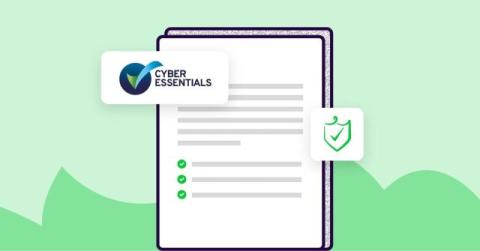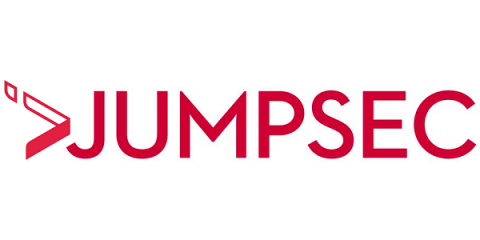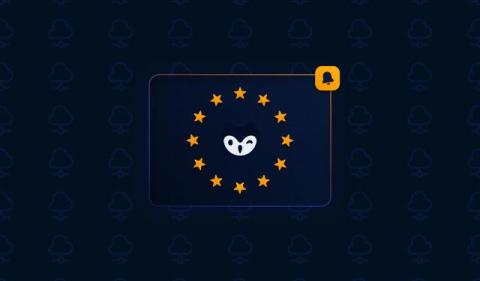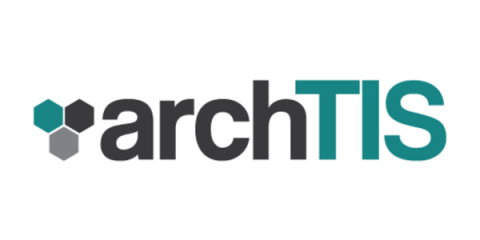How to get your Cyber Essentials certification: A process guide
Most organizations today are heavily reliant on technology, regardless of the product or service they provide. This expands their data exposure points and potential attack surface, which is why there is a significant need to monitor the risks and vulnerabilities in the cybersecurity landscape. Cyber Essentials certification is a comprehensive cybersecurity strategy involving vigilance over various scattered technologies, policies, and controls.











